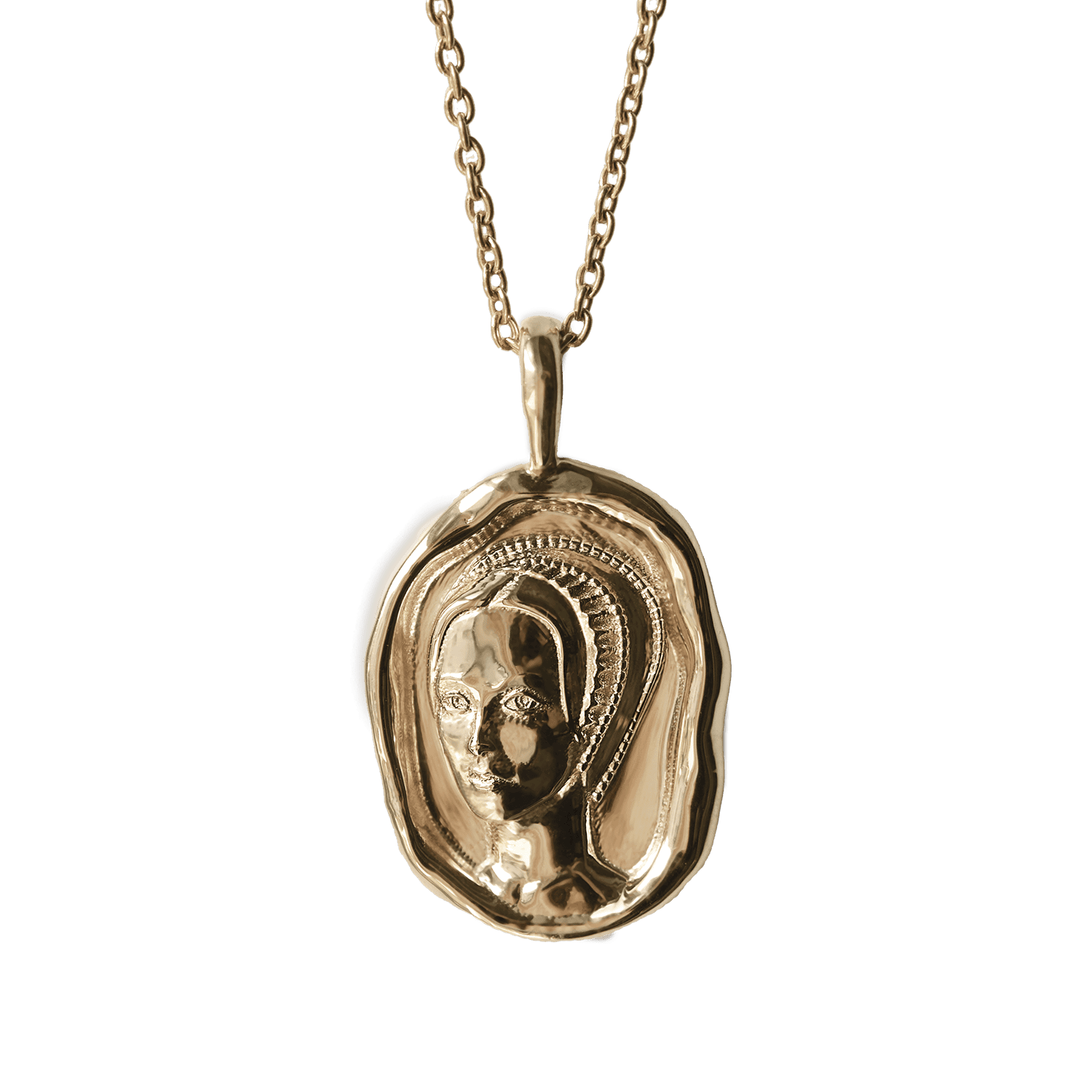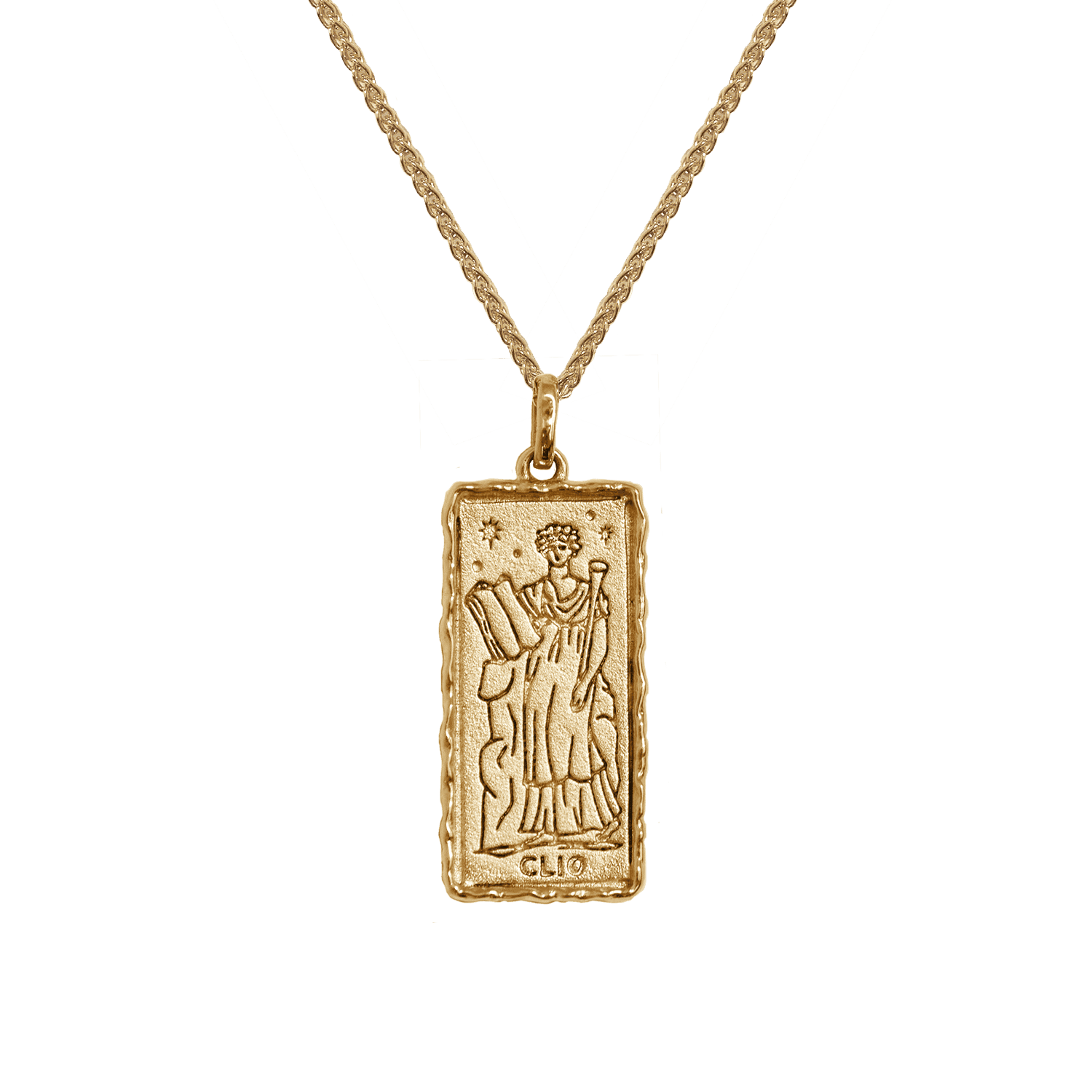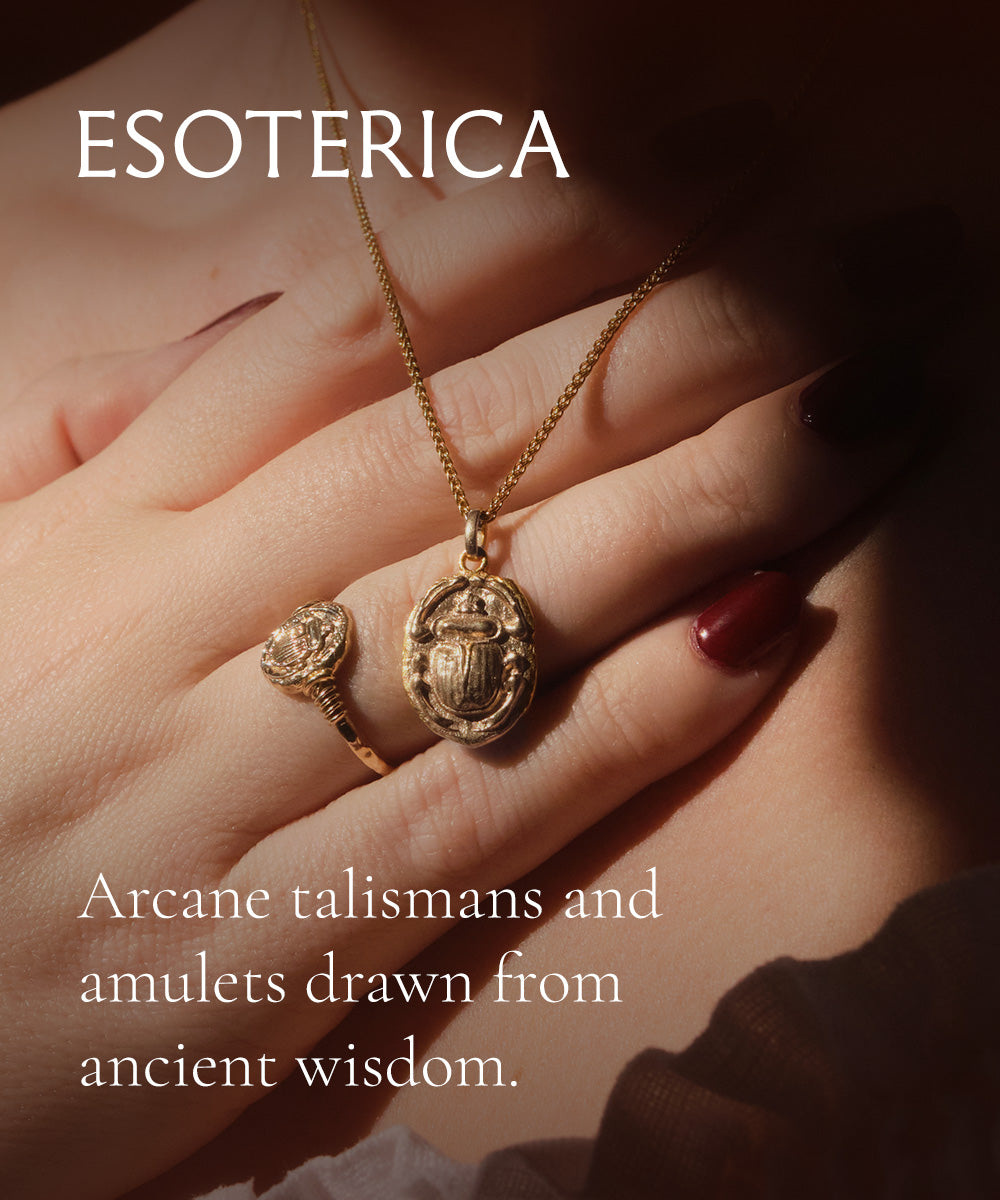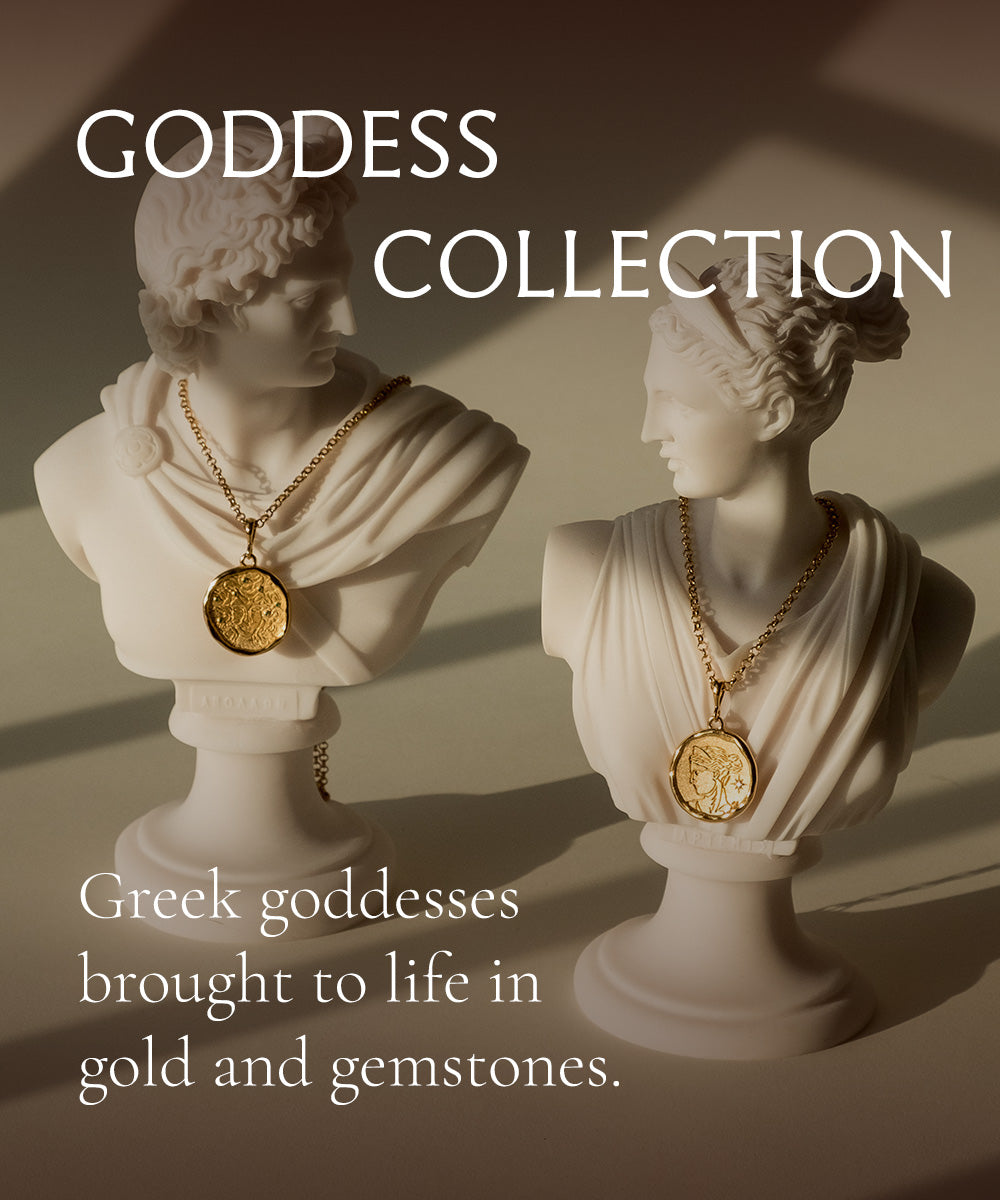To wrap up our unofficial Tragic Romance Month, I give you the story of tenderhearted Baucis and good-natured Philemon. This story is a look inside tradition, social connection, and pragma, love that endures.
Many myths and legends, especially from the Greek age of heroes, will mention guest rights. In a turbulent country with many kingdoms and city-states, it was impossible to know who was plotting against whom, if someone offering a place to sleep was allied with your enemy, or if the weary traveler at your door was secretly planning to rob you blind.
The ritual of guest-friendship involved welcoming, feeding, and offering to respite to those who come to your door. When a guest had partaken of a host’s food, all could set aside apprehension, for an unspoken bond of trust and mutual nonaggression was struck. This ritual, called xenia, was sacred to Zeus, and those who broke the rites of xenia were forsaken by gods and men.
Hermes, the messenger god, patron of travelers, merchants, and thieves, came to Zeus one day, asking the king of gods if he was aware of how the people treated travelers. Zeus scoffed, because his word was law, surely all the people of the land would offer hospitality to any stranger in need. Hermes, ever the trickster god, smirked wryly, and said, my lord, you should have no problem proving it.
Being unable to turn down a dare, Zeus disguised himself and Hermes as traveling peasants. They chose a town and knocked on the door of the largest and most richly decorated home. A servant answered, but when the disguised gods asked for a meal and a bed, they were turned away.
Again and again this happened as the gods were turned away from doors rich and simple alike. Some houses refused to even unbar the door, and while Hermes laughed at his little game, Zeus’s confusion turned into embarrassment and anger.
Finally, they arrived at a simple cottage outside the town, where Baucis and Philemon lived with their farm animals. The couple did not have much, but they were unashamed of their station, and they had grown old in contentedness with each other. They ushered in their weary travelers and bid them rest their bones while they cleaned and started a fire. Baucis brought out plums and olives, eggs and cheese, smoke-cured pork and a pitcher filled with wine.
Grapes, dates, figs and nuts, even a rich honeycomb graced the table while the guests ate and ate. Baucis refilled cups of wine, but as she poured, she realized the pitcher was always full, no matter how much wine was poured. A chill went through her as she realized she was in the presence of gods.
The goose they meant to sacrifice to the gods fled into the arms of Zeus, who, stroking the white feathers, asked that the bird be spared—Baucis and Philemon had already shown more than enough grace and piety. The king of gods instructed the old couple to leave town that night and climb the mountain that loomed over the village.
Pious Baucis and Philemon listened to Zeus unquestioningly, and carried their old bones up the mountain. When they arrived at the summit, they looked back to see a flood had swept in over the town, and they wept for their friends and neighbors, in awe of the terrible wrath of the gods. Zeus’ anger had been quenched.
The gods can be impulsive, insecure, and not without a heavy dose of toxic masculinity. But they are not without justice, where they see fit. A temple of marble and gold stood where the rustic cottage had been. Zeus asked the old couple to be the guardians of the temple, and in exchange, he would grant them anything they asked. Baucis looked to her husband, and Philemon put his hand on his wife’s. They had met when they were young, and grown together as they aged, and neither could bear to bury the other. She spoke for both of them, asking that they would never be parted, in life or death.
So it was. The couple lived to a very old age, and when their time came, they began to sprout leaves. Philemon reached for Baucis, and she for him, and in their place grew an oak tree and a linden tree, limbs intertwined, a symbol of the lifelong love of Baucis and Philemon.










